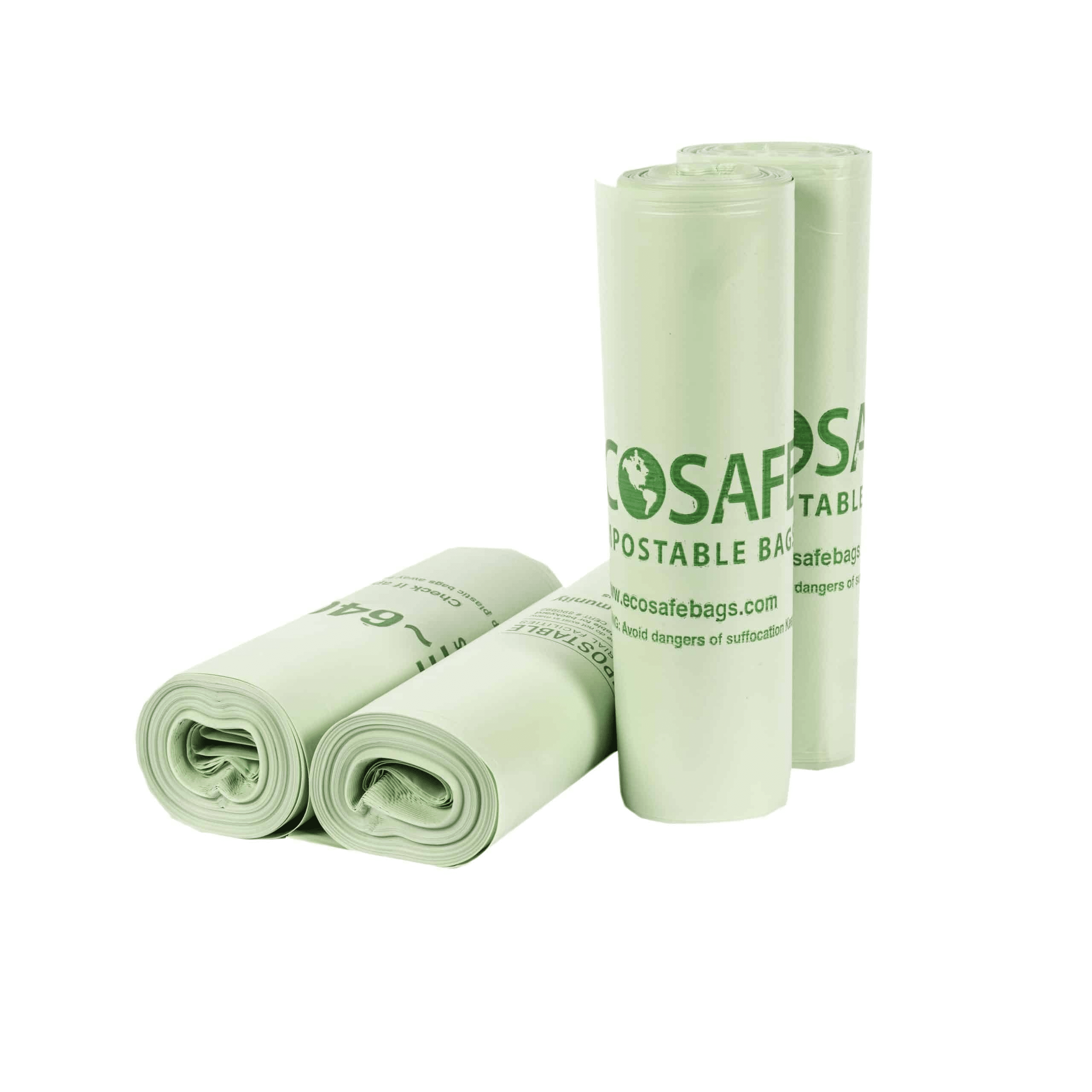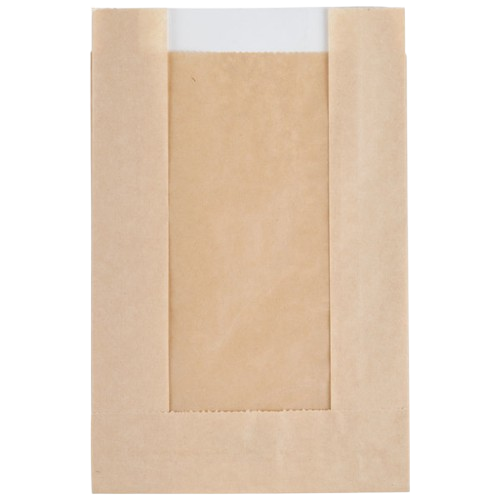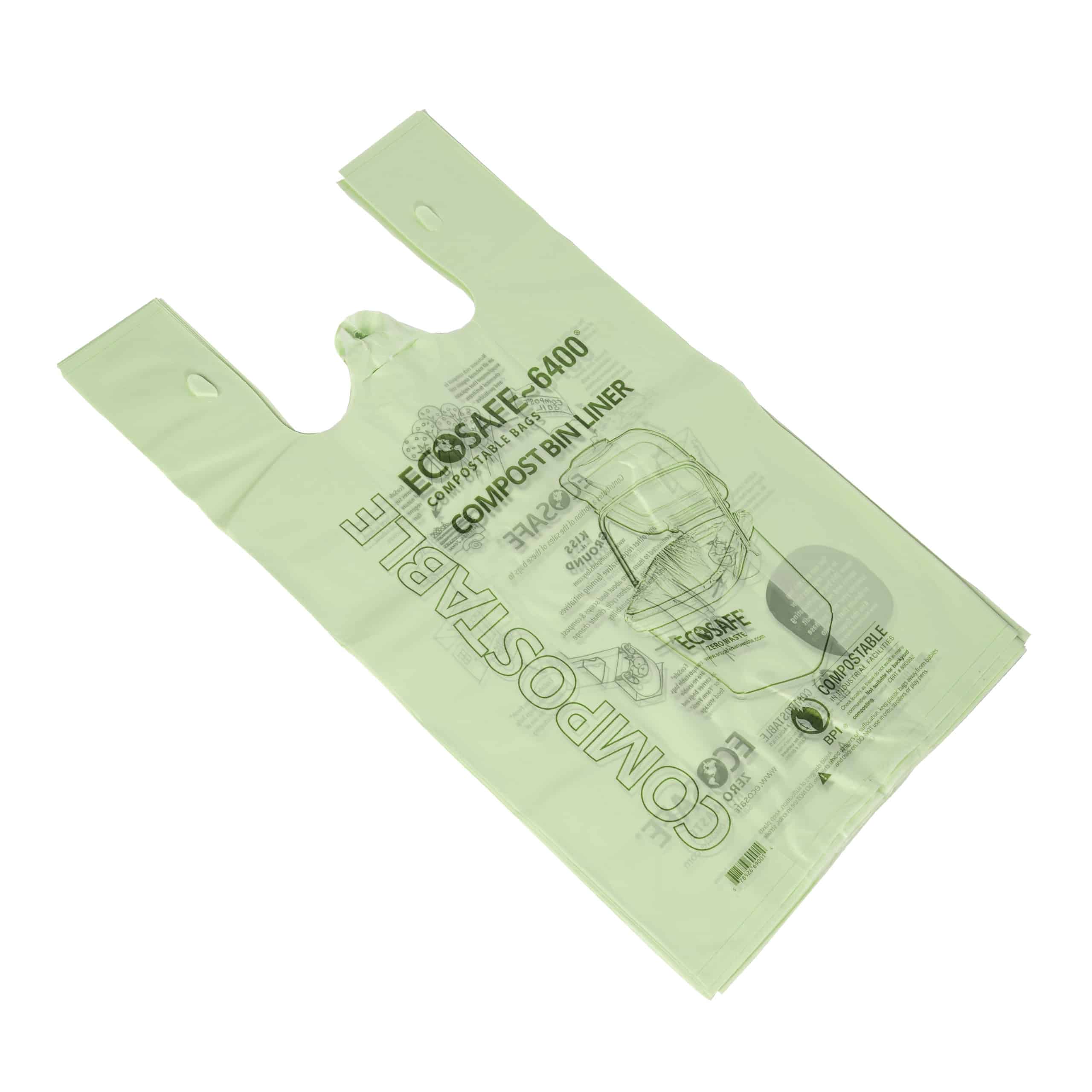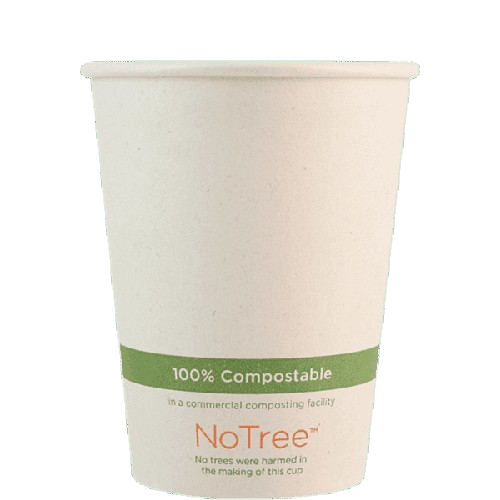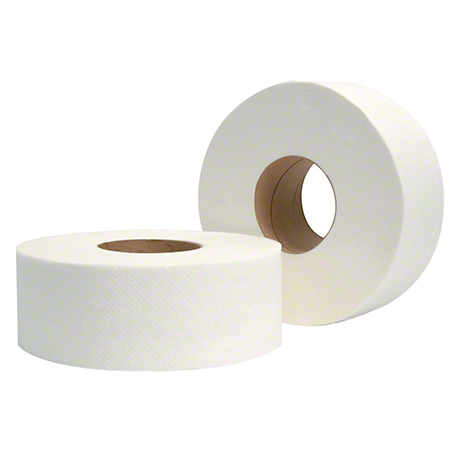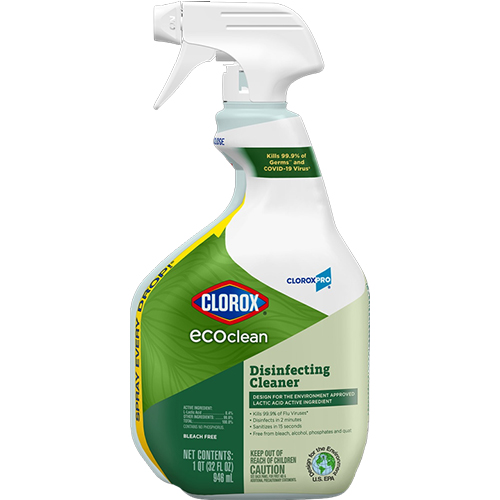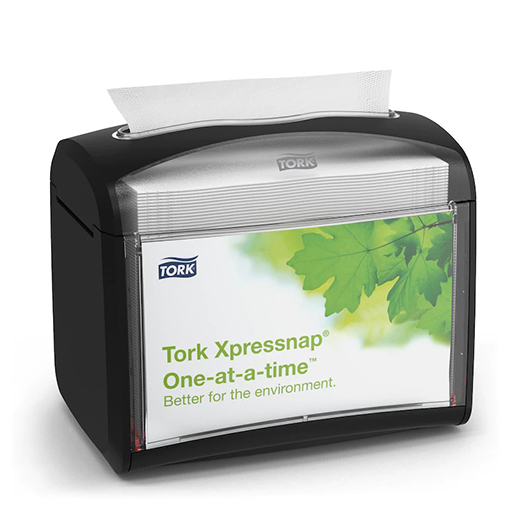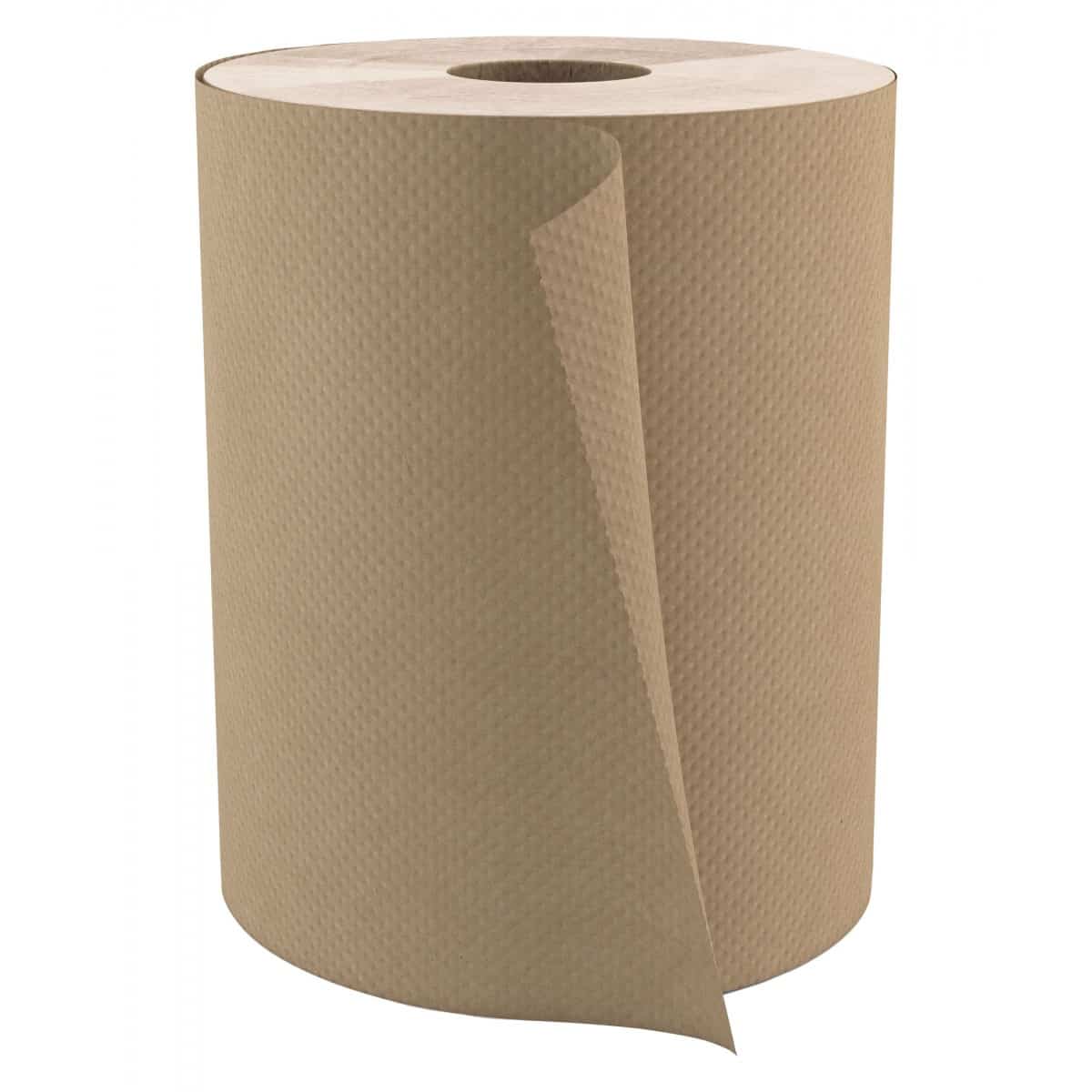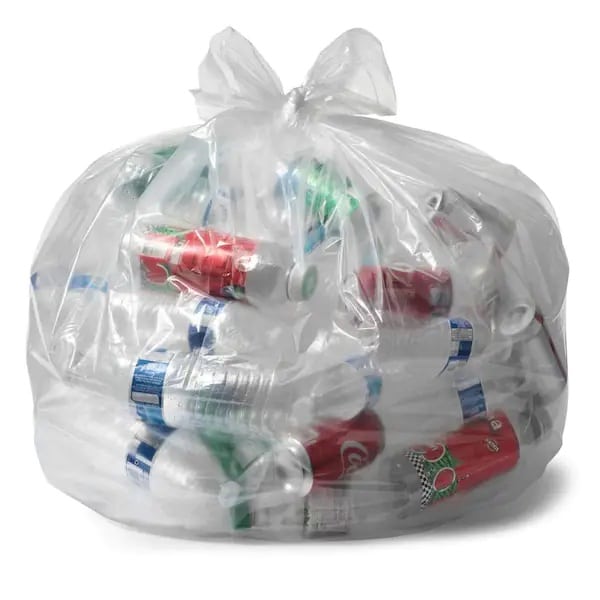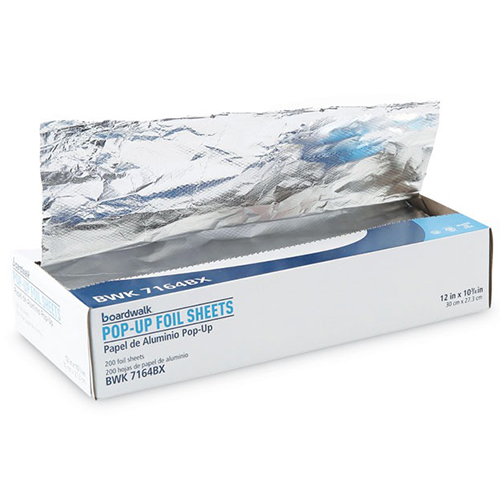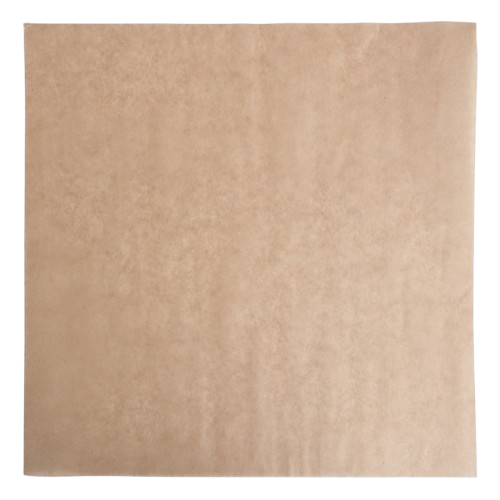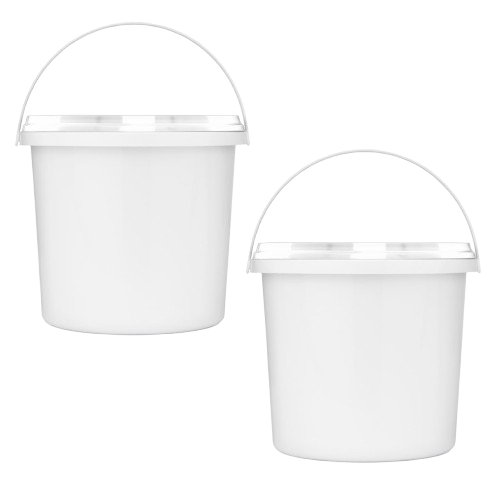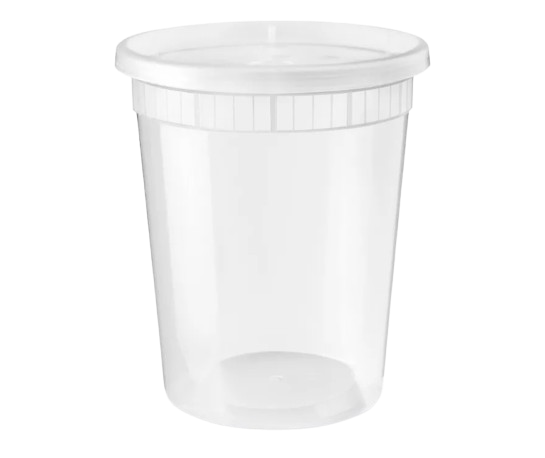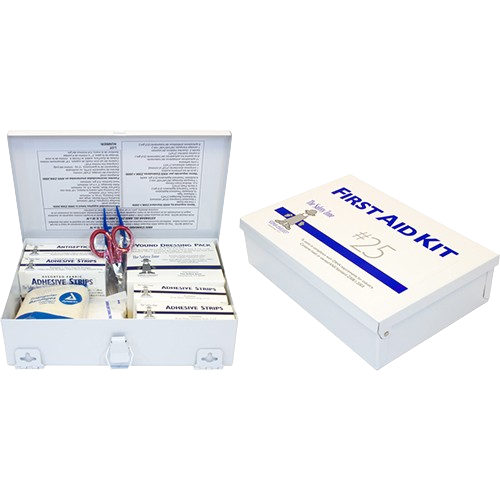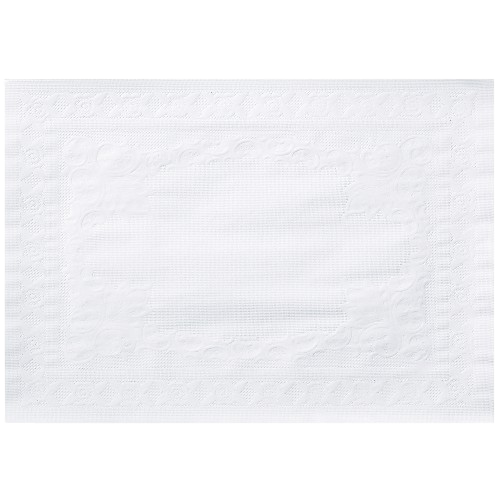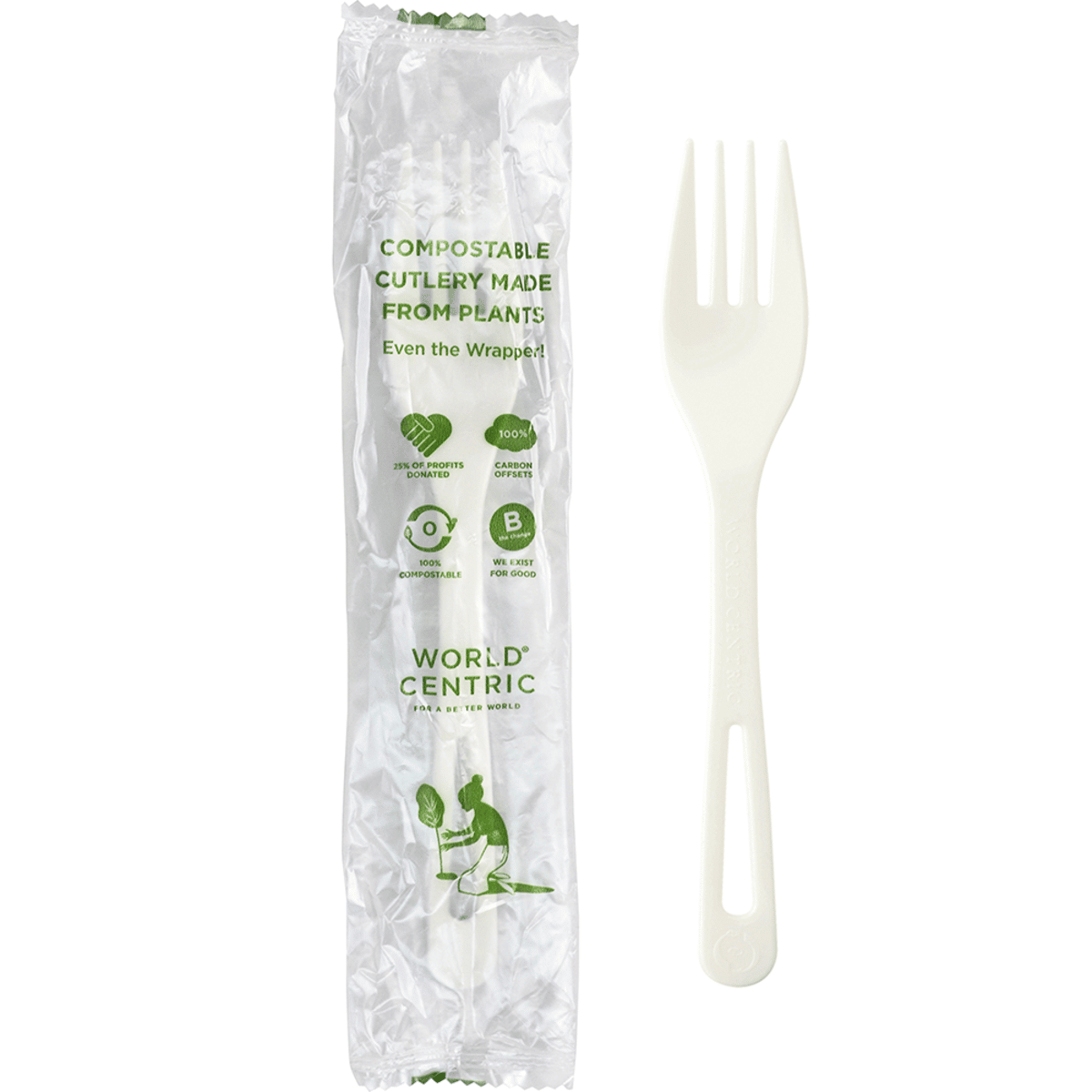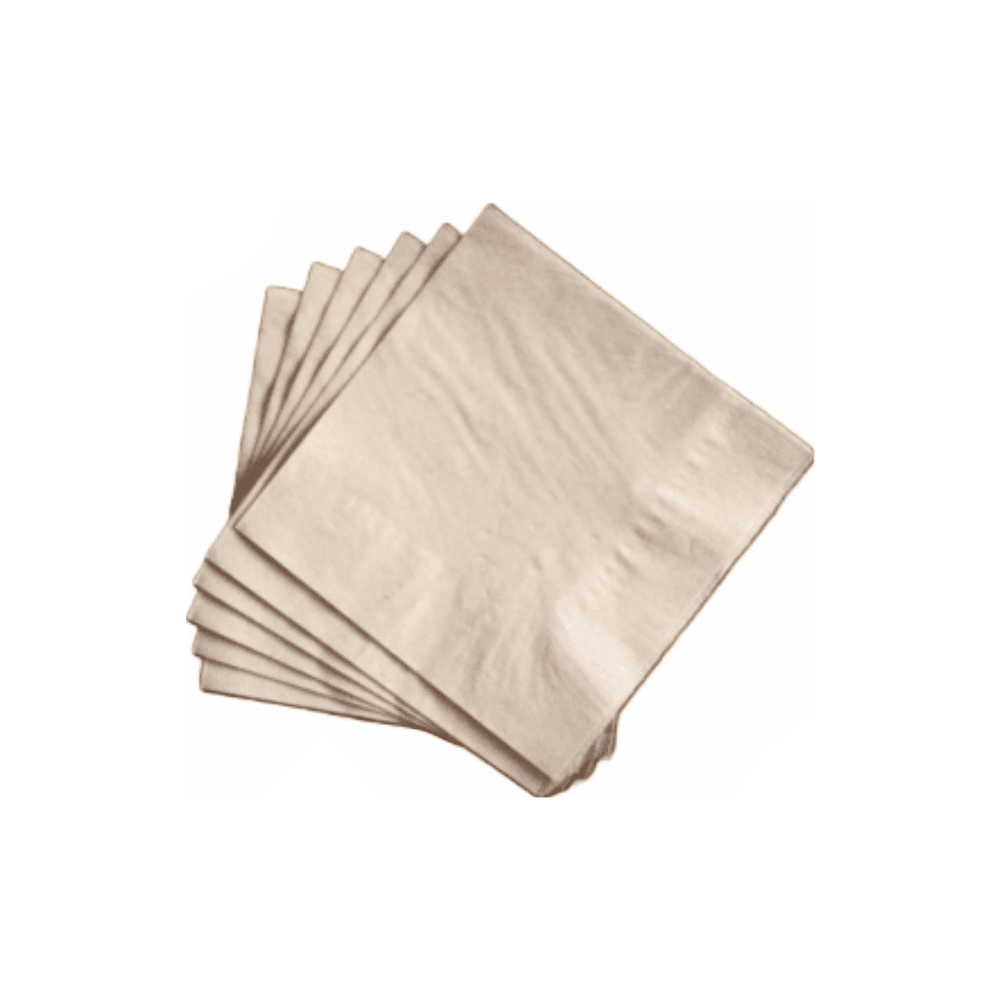Material summary – Bio-based film
Plastic film is a thin, flexible sheet of plastic material that is used for a wide range of commercial applications, including packaging, labels, and insulation. However, traditional plastic film is made from non-renewable fossil fuels, which are not only costly to produce but also have a negative impact on the environment. As a result, there has been growing interest in developing biobased plastic film, which is made from renewable, plant-based materials. In this blog post, we will explore what biobased plastic film is, how it is made, its brief history, and the commercial uses of this sustainable material.
What is Bio-based Plastic Film?
Biobased plastic film is a type of plastic film that is made from renewable, plant-based materials such as cornstarch, sugarcane, or potato starch. These materials are transformed into bioplastics through a process of polymerization, where the plant-based materials are chemically bonded together to form long chains. The resulting bioplastics can then be used to create biobased plastic film, which has similar properties to traditional plastic film but is more sustainable.
How is Bio-based Plastic Film Made?
The production of biobased plastic film begins with the selection of a plant-based material, such as cornstarch, sugarcane, or potato starch. This material is then processed to extract the starch, which is chemically treated to break it down into individual glucose molecules. The glucose molecules are then fermented using microorganisms, such as bacteria or yeast, to produce lactic acid.
The lactic acid is then polymerized to form a bioplastic material, which can be extruded into a thin film. The resulting biobased plastic film has similar properties to traditional plastic film, including flexibility, strength, and durability, but with the added benefit of being made from renewable, plant-based materials.
A Brief History of Bio-based Plastic Film
The history of biobased plastic film dates back to the early 20th century when researchers first began exploring the use of plant-based materials for the production of plastics. However, it wasn’t until the 1990s that bioplastics began to gain traction as a viable alternative to traditional plastics.
Since then, there has been significant research and development into the production of biobased plastic film, with a focus on improving its properties and reducing its cost. Today, biobased plastic film is used in a wide range of commercial applications, including food packaging, shopping bags, and compostable products.
Commercial Uses of Bio-based Plastic Film
Biobased plastic film has a wide range of commercial uses, particularly in the food packaging industry. Biobased plastic film is used to create food packaging that is not only environmentally friendly but also keeps food fresher for longer periods. Biobased plastic film can be used to create food packaging that is heat-sealable, which helps to prevent spoilage and reduce food waste.
In addition to food packaging, biobased plastic film is also used for shopping bags, garbage bags, and compostable products. Biobased plastic film can be used to create shopping bags that are durable and strong, yet also biodegradable and compostable. Biobased plastic film can also be used to create garbage bags that are strong and reliable, yet also biodegradable and compostable, reducing waste and environmental impact.
Conclusion
Biobased plastic film is a sustainable and environmentally friendly alternative to traditional plastic film, made from renewable, plant-based materials. The production of biobased plastic film involves the extraction and polymerization of plant-based materials, resulting in a strong, flexible, and durable material that has a wide range of commercial uses. Biobased plastic film has a bright future in the packaging industry as more and more companies seek to reduce their environmental impact and move towards more sustainable materials. By using biobased plastic film, companies can create products that are not only environmentally friendly but also high quality and cost-effective.
Overall, the development and use of biobased plastic film represent a significant step towards a more sustainable future. As consumers become more conscious of their impact on the environment, companies that invest in biobased plastic film will have a competitive edge in the market. By embracing sustainable materials like biobased plastic film, we can help to reduce waste, preserve natural resources, and create a more sustainable future for generations to come.
Powered by BetterDocs



